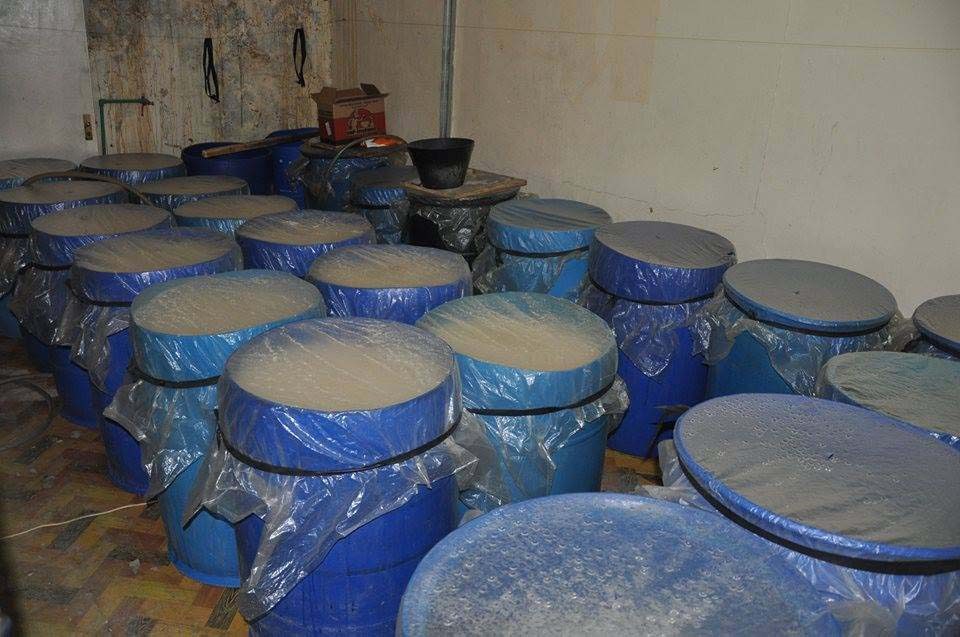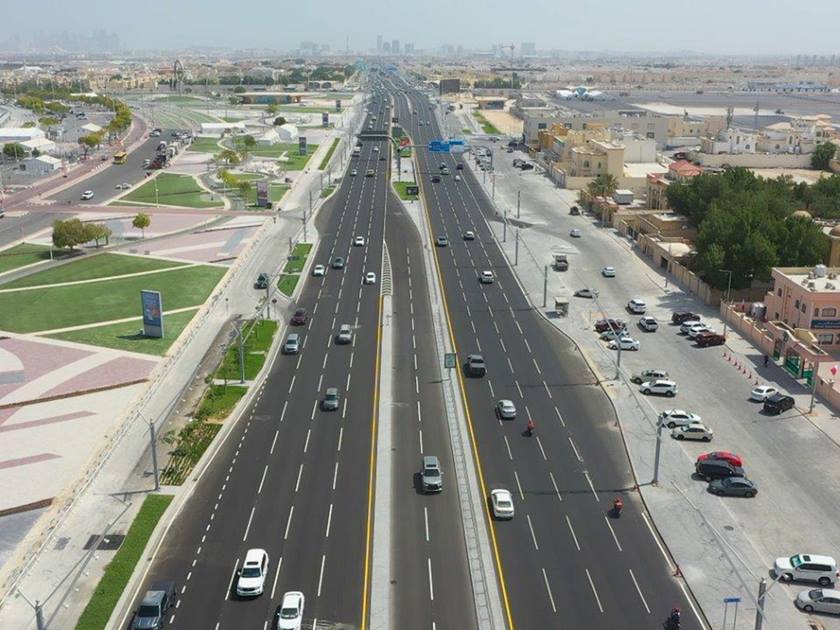
Three individuals face criminal charges after police officers from the Ministry of Interior (MOI) apparently busted them for producing and selling large volumes of alcohol inside a Qatar residence.
In a Facebook post, the ministry said officers arrested the men following a routine patrol stop of a “suspicious” vehicle. When they approached, the driver fled but was eventually apprehended, the MOI said.

Inside the vehicle, police found some 350 1.5-liter bottles filled with a “liquor-like” liquid.
While being interrogated, the man confessed he had produced the bootleg booze with the help of two other individuals in his home.
When the police raided the dwelling, they found distillery equipment, supplies, 1,220 water bottles and 55 barrels, each with a capacity of 200 liters and filled with liquor, the ministry said.
Police say the individuals, whose nationalities were not disclosed, confessed to selling the alcohol to others and were turned over to the public prosecutor’s office to be formally charged.
Underground market
Alcohol consumption is strictly regulated in Qatar.
Drinks at high-end hotels in Qatar are expensive, and individuals must earn a minimum monthly salary – and have the permission of their employer – to shop at the country’s sole liquor store, the Qatar Distribution Co.
This effectively means that only middle and high-income earners – as well as tourists – can legally drink in Qatar.

Thus, to satisfy demand from the country’s hundreds of thousands of blue-collar workers, some entrepreneurs opt to brew their own liquor.
Last year, researchers from the World Health Organization estimated that more than one-third of the total amount of alcohol consumed in Qatar comes from underground sources.
In addition to homemade liquor, this includes booze that’s been smuggled into the country as well as industrial or “surrogate” alcohol such as mouthwash that’s not intended to be consumed as a beverage.
Qatar has attempted to crack down on bootleg alcohol consumption, even going as far as to tighten imports of alcohol-based colognes “in the interest of public health.”
Consumption of unregulated alcohol carries considerable health risks.

One resident told Doha News that he blames his consumption of sadeeqi – a bootleg liquor infused with toxic industrial alcohols – for several ailments from which he suffers, including short-term memory loss, sporadic stomach pain, bleeding during defecation and impaired vision.
According to some specialists, tight alcohol restrictions only fuel demand.
“The black market is thriving in the Industrial Area because of the prohibition,” Tristan Brusle of the French National Centre for Scientific Research told Doha News last year.
Thoughts?







